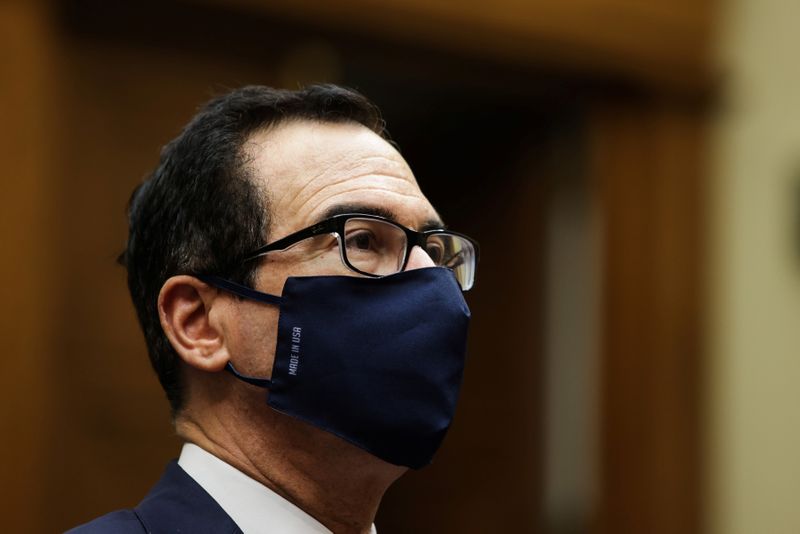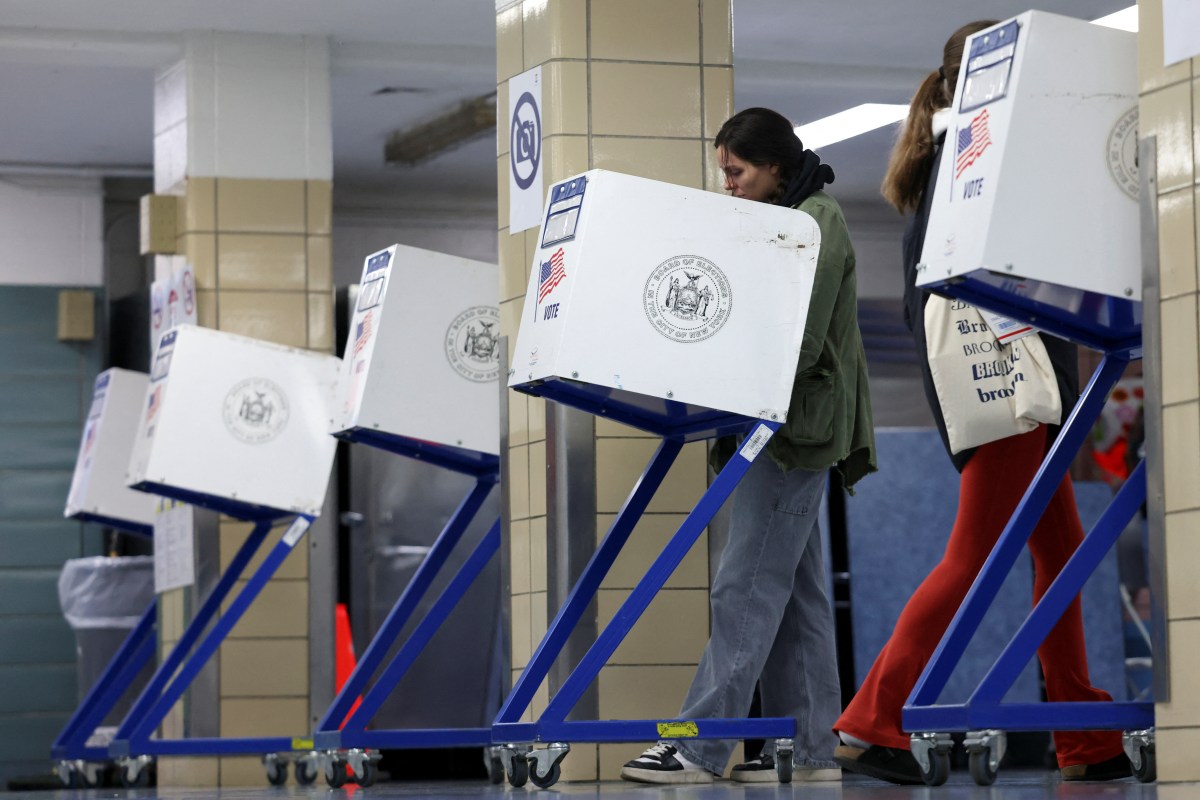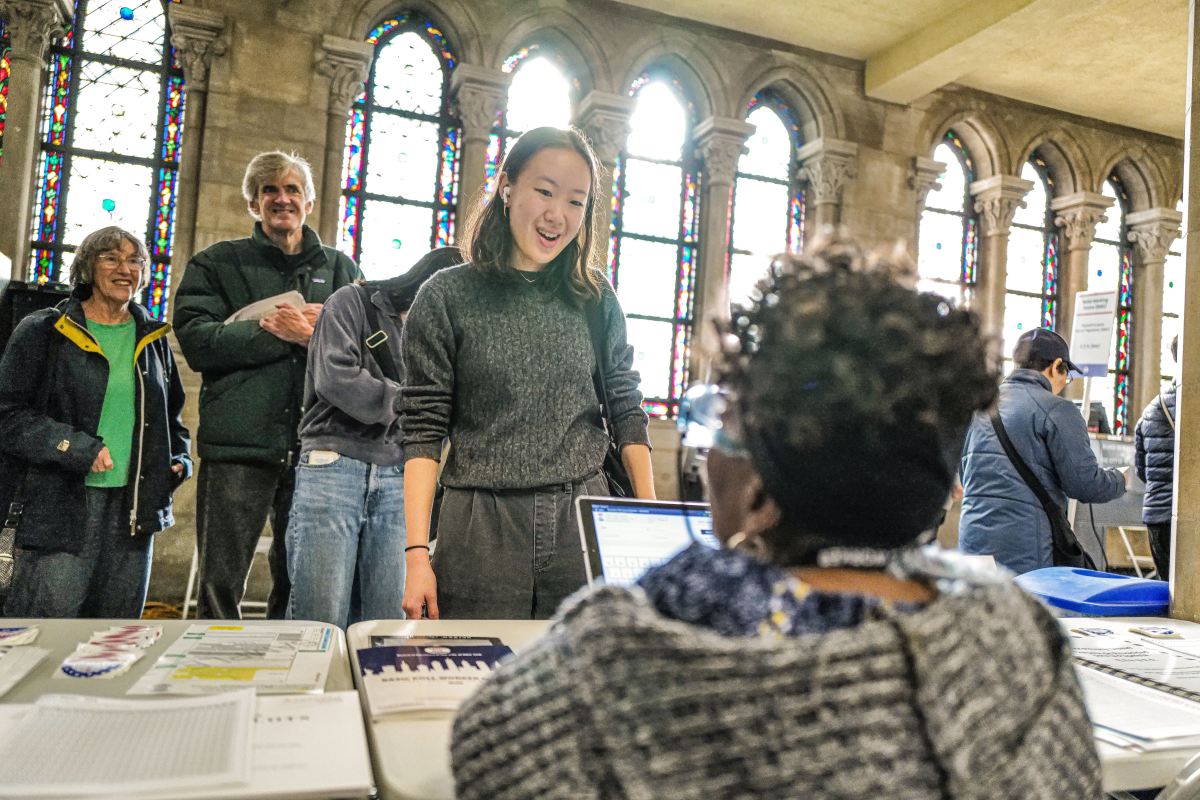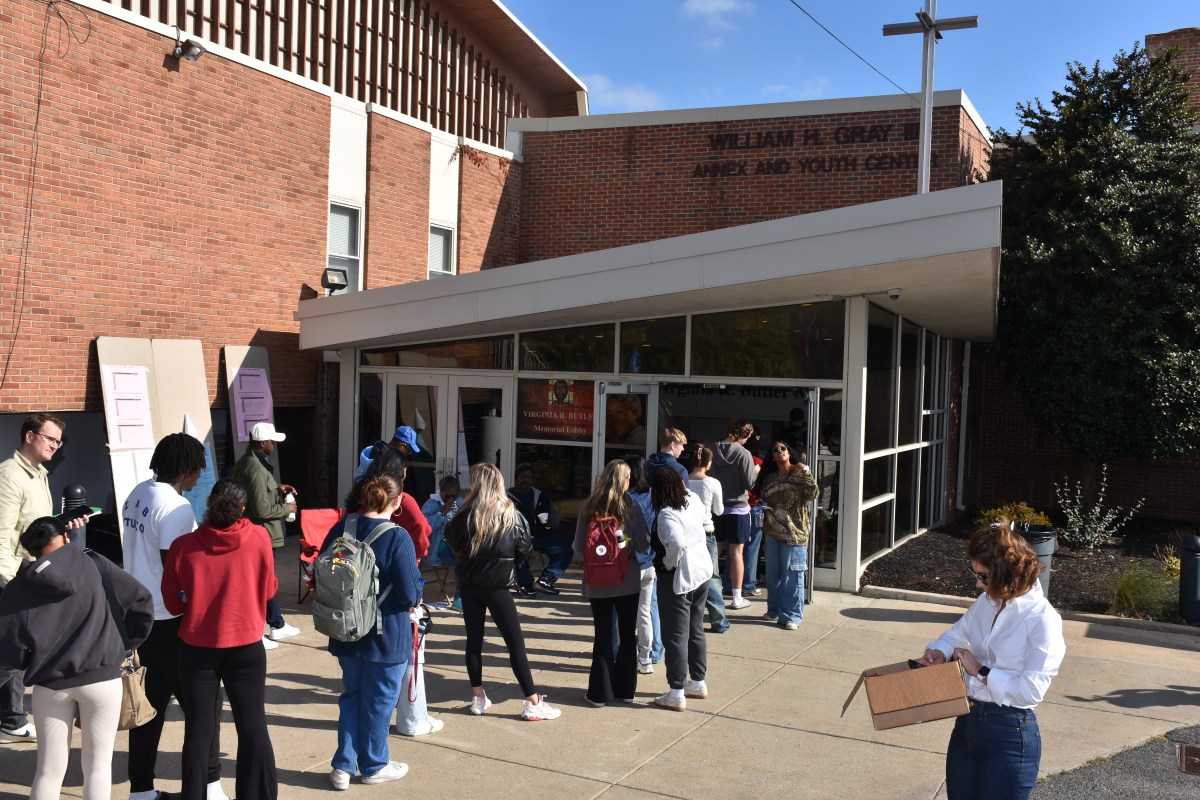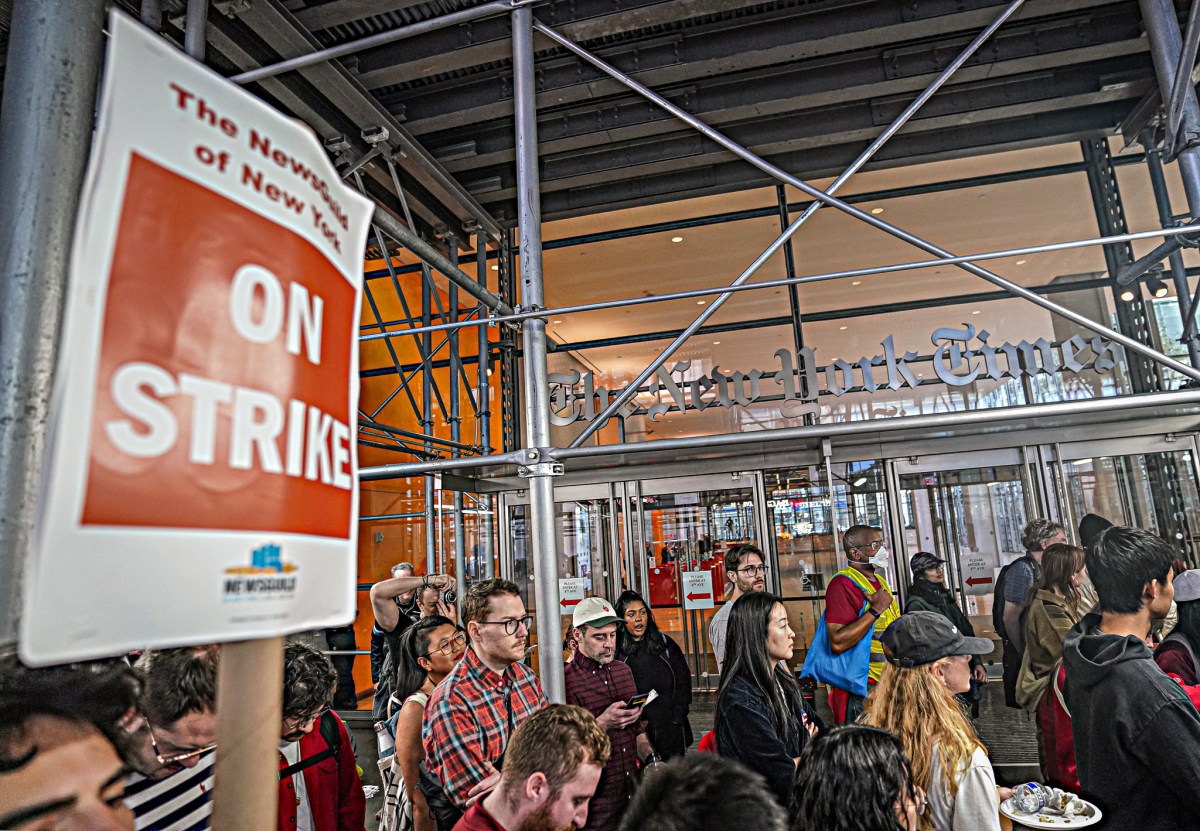WASHINGTON (Reuters) – The U.S. Centers for Disease Control and Prevention on Tuesday issued a sweeping nationwide order temporarily halting millions of U.S. renters from being evicted, in a bid to reduce the spread of COVID-19.
The order covers all 43 million U.S. residential renters as long as they meet income eligibility requirements, although an administration official said the government does not expect an “overwhelming” use of the program.
The order lasts through Dec. 31 and applies to individual renters who do not expect to earn more than $99,000 this year or $198,000 for joint filers. It also applies to renters who did not report income in 2019 or received a stimulus check earlier this year.
The National Apartment Association said the CDC order risked further harm to the economy and would amplify the housing affordability crisis and destroy the rental housing industry. Without payments “owners face a financial crisis of their own,” it said.
Renters must file sworn declarations warning eviction would leave them homeless or force them into a “shared living setting” and attest they have done all they can to get government assistance for rent or housing.”
The administration warned renters could be “prosecuted, go to jail, or pay a fine” if they lie in declarations.
An administration official told reporters the order was not an invitation to stop paying rent and said renters should pay a portion of rent if possible. Renters will still owe accrued rent and face penalties for failing to pay.
The CDC order also said renters can “still be evicted for reasons other than not paying rent or making a housing payment.”
U.S. Treasury Secretary Steven Mnuchin told a U.S. House of Representatives panel earlier the measure was to ensure people “don’t get thrown out of their rental homes.”
In July, a firm estimated more than $21.5 billion in past-due rent is owed by Americans.
As unemployment surged to levels unseen since the aftermath of the 1930s Great Depression, a patchwork of federal, state and local eviction bans has kept renters who could not make payments in homes.
U.S. President Donald Trump on Aug. 8 directed CDC to consider if temporarily halting residential evictions was “reasonably necessary to prevent the further spread of COVID-19.”
The Democratic-controlled House of Representatives passed a bill in May to extend enhanced jobless aid through January and allocating $100 billion for rental assistance. It would extend the federal ban on evictions for up to one year. The bill has not been approved in the Senate.
A spokesman for Democratic presidential candidate Joe Biden questioned why it took so long for Trump to back the moratorium and noted Biden backed the House proposal.
(Reporting by David Shepardson; Editing by Tom Brown and Richard Pullin)


